As we mark the 20th anniversary of Theo van Gogh’s murder, his legacy as a fearless filmmaker, writer, and provocateur remains as provocative and divisive as ever. Known for his uncompromising advocacy of freedom of speech, Van Gogh challenged the boundaries of religious criticism and cultural taboos, with particular focus on what he saw as the dangers of unchecked ideology within Islam. Despite his significant contributions to Dutch cinema and culture, it was his unyielding stance on free expression that ultimately led to his tragic murder in 2004.
Who was Theo van Gogh, and what did he stand for?
Early Life and Background
Born in The Hague in 1957, Theo van Gogh was the son of a civil servant and was named after his uncle, who was executed as a resistance fighter during World War II. He was also distantly related to the famous painter Vincent van Gogh, sharing the same name as Vincent’s brother.
After high school, Theo began studying law in Amsterdam, though he soon abandoned academia to pursue a career in filmmaking. Twice rejected by film school, Van Gogh opted to go his own way, releasing his debut film as a self-taught filmmaker in 1982. His career took off, and he went on to win two Golden Calves, the highest honor in Dutch cinema.
Provocateur Extraordinaire
Despite his success in filmmaking, Van Gogh was not widely popular with mainstream audiences. Instead, he gained notoriety through his firebrand, often scathing columns that criticized societal norms and religious institutions. He was radically non-conformist and attacked what he saw as the hypocrisy of political correctness, frequently targeting the “sacred cows” of Christianity, Judaism, and Islam. Self-described as an “infidel dog,” Van Gogh mocked religions and ideologies with unfiltered candor.
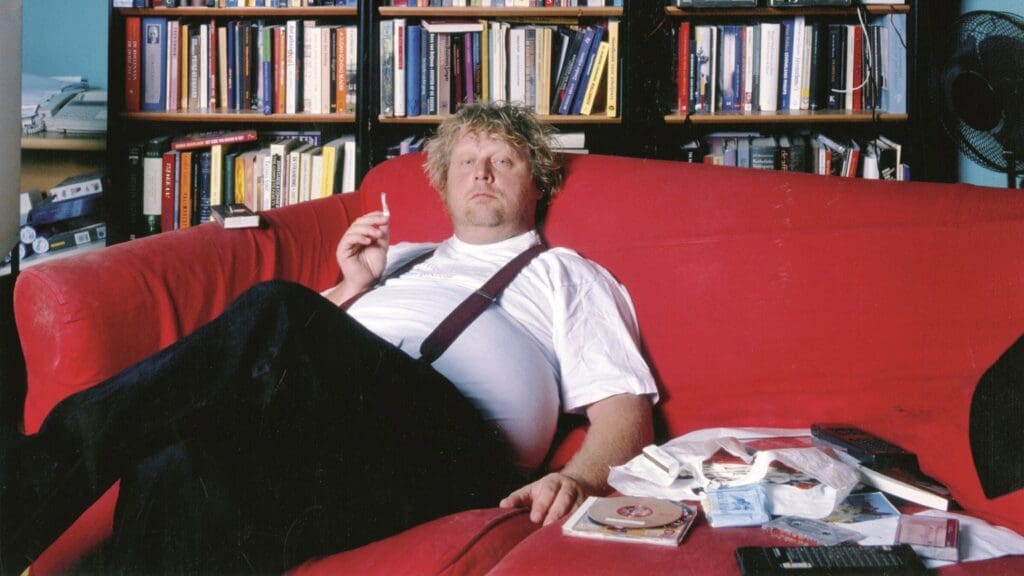
For Van Gogh, freedom of speech was sacrosanct, and he argued that nothing should be immune to critique or ridicule. He saw himself as a “preacher of the nihilistic community” and maintained that everyone should have the right to speak freely in a civilized society. “I don’t want to impose my opinion on anyone,” he said, “but I don’t want anyone to impose his or her opinion on me either.”
The Price of Free Speech: Gruesome Murder
Theo van Gogh’s outspoken views often placed him in dangerous territory. A relentless critic of religious authority and a provocateur for freedom of speech, he faced numerous threats and legal accusations and was labeled an antisemite and Islamophobe by his detractors. Ultimately, however, it was his criticisms of Islam that cost him his life. On November 2, 2004, Van Gogh was murdered in broad daylight on an Amsterdam street by Mohammed Bouyeri, a Dutch-Moroccan religious Muslim.
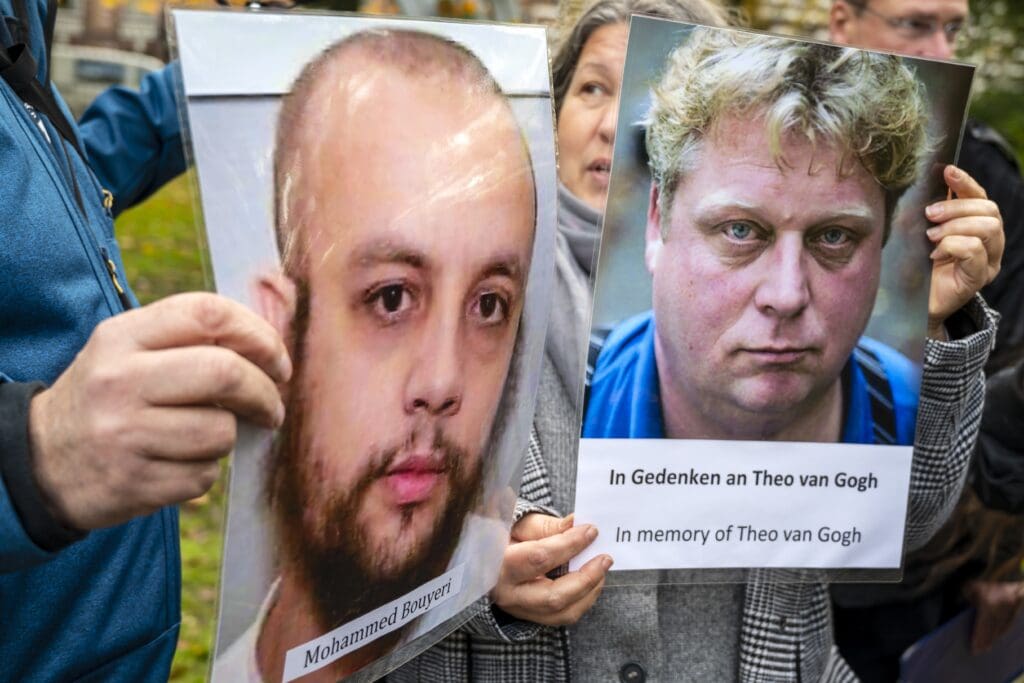
This brutal attack occurred only three months after the release of Submission, a short film he created with politician Ayaan Hirsi Ali, which highlighted the oppression of women within certain Islamic communities.
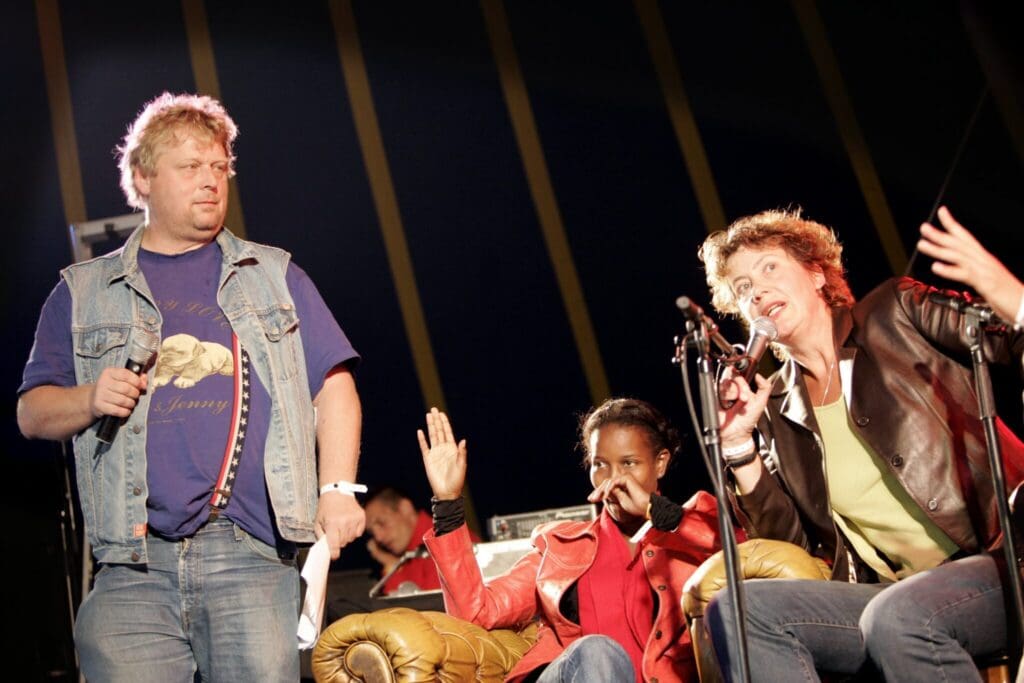
Van Gogh’s murder was marked by unspeakable violence. As he cycled to work, Bouyeri ambushed him, shooting him multiple times. Immobilized and bleeding, Van Gogh raised his hands and reportedly pleaded, “Can’t we just talk about it?” Even in his final moments, he tried to appeal to reason, hoping his words might reach across the divide. But Bouyeri, unmoved, continued his attack. He proceeded to slit Van Gogh’s throat and stabbed him repeatedly, then drove a knife into Van Gogh’s chest, pinning a manifesto that condemned Van Gogh’s “blasphemy” and declared war on those who dared to criticize Islam. The letter specifically threatened the West and singled out Ayaan Hirsi Ali, making clear that any perceived disrespect for Islam, the Prophet, or the Qur’an would be met with severe consequences. Bouyeri insisted that Islam “compels me to chop off the head of anyone who insults Allah and the prophet.”
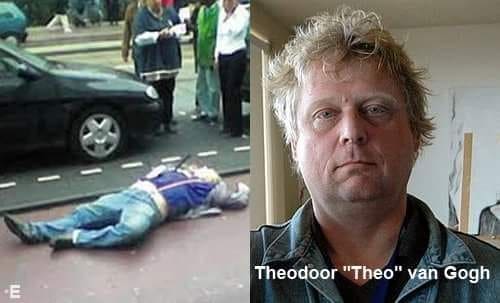
This violent response echoed a longstanding principle in Islamic law: that non-Muslims should act with humility toward Islam and its tenets or face deadly consequences. Van Gogh’s perceived violations of this principle—his refusal to treat Islam with deference—had crossed an unspoken line in the eyes of Islamic executioners, for whom critique or satire of Islam warranted the ultimate punishment. While Van Gogh had critiqued Christianity and Judaism with the same fervor, these critiques, however scathing, had only ever sparked debate and verbal backlash, not violence or calls for his death.
Submission had struck a particularly raw nerve. In the film, Van Gogh and Hirsi Ali depicted fictionalized yet realistic stories of Muslim women suffering abuse, with Quranic verses written on their bodies to symbolize the pain inflicted in the name of religious doctrine.
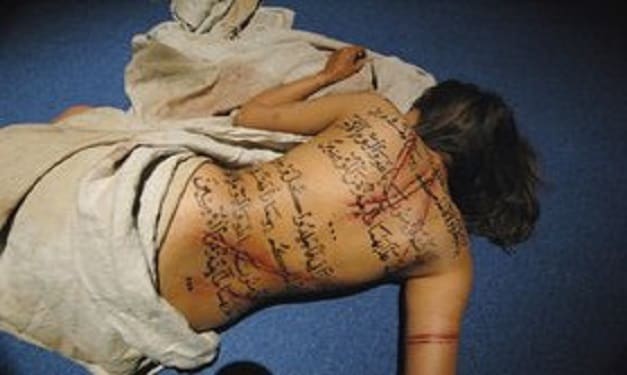
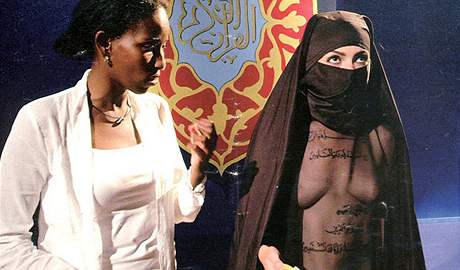
The film was intended to shed light on the mistreatment of women, yet it incited fury among Muslims across the world. In contrast to other religions Van Gogh criticized, Islam’s response to Submission was not one of debate or public denouncement but of violent, brutal reprisal.
Van Gogh’s murder sent shockwaves throughout the Netherlands, exposing a massive division between the ideals of free speech and the uncompromising reverence demanded by Islam. His death became a symbol of the risks faced by those who challenge Islamic authority, sparking national and international discussions on the limits of tolerance, the challenges of multiculturalism, and the right to question any belief system openly. In fear for her life, Ayaan Hirsi Ali went into hiding and eventually fled to the United States, leaving behind her political career and her home.
In 2007, to honor Van Gogh’s memory, a monument called The Scream was erected in Amsterdam near the place of his murder. Created by artist Jeroen Henneman, the monument stands as a haunting tribute to Van Gogh’s courage and the ultimate price he paid for his commitment to free expression. Unveiled by his family, The Scream serves as a reminder of the profound tension between the right to speak freely and the forces that seek to silence dissent.
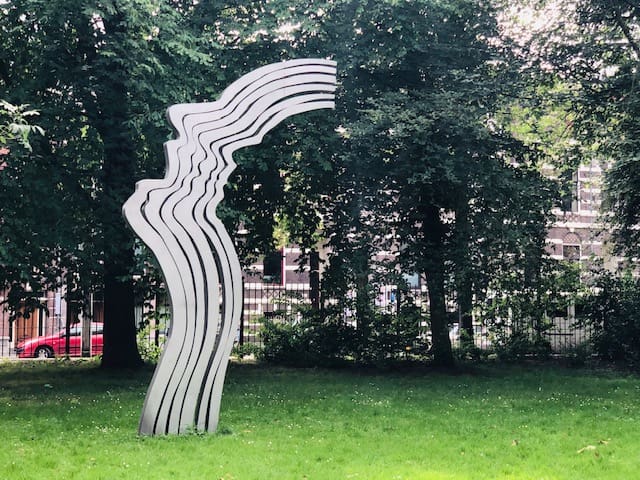
The Fatal Cost of Criticizing Islam in the West: Remembering Pim Fortuyn 22 Years After His Political Assassination
Just two years before Van Gogh’s murder, another outspoken critic of Islam and champion of Dutch cultural values met a tragic end. Pim Fortuyn, a Dutch politician and academic, had risen to prominence with his sharp critiques of multiculturalism and Islam’s impact on Western democratic ideals. Known for his calls to halt Muslim immigration to the Netherlands, Fortuyn argued that Islam’s cultural values posed a unique threat to Western freedoms, particularly regarding gender equality and LGBTQ+ rights. It is worth noting that Fortuyn was an openly gay politician and a practicing Catholic.
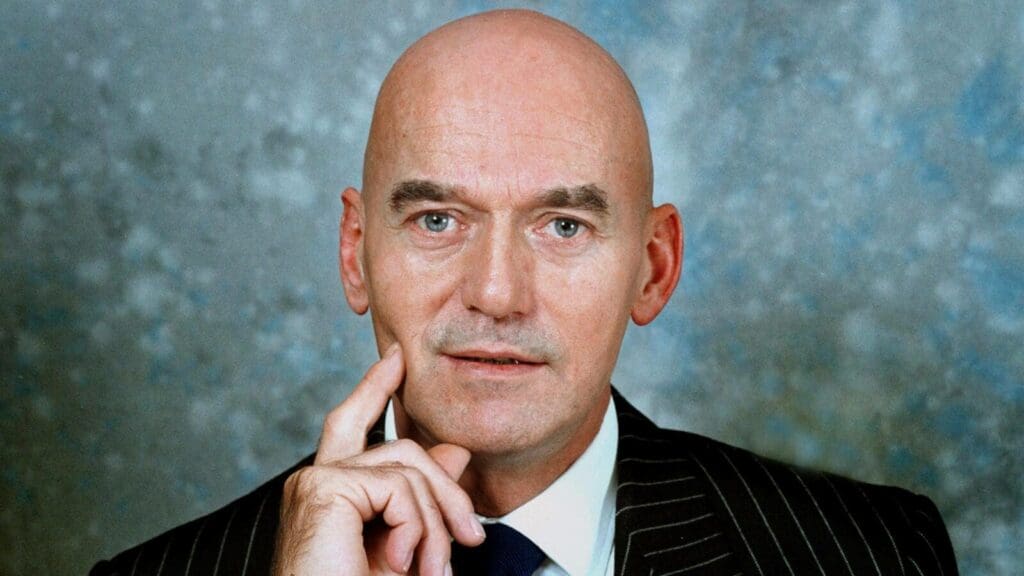
In a 2002 interview, Fortuyn was candid about his fears for Dutch society, stating, “I do not hate Islam. I find it a backward culture. I’ve traveled a great deal in the world, and wherever Islam rules, it is appalling.” Fortuyn was unapologetically vocal about his views, calling for an end to Islamic immigration and warning that without intervention, Dutch culture risked being undermined.
Tragically, Fortuyn’s open critique made him a target. In May 2002, just before he was poised to make major political gains, Fortuyn was assassinated by Volkert van der Graaf, a Dutch left-wing activist who claimed he acted to protect Dutch Muslims from becoming scapegoats. This assassination shocked the nation and demonstrated the very real dangers faced by those who challenged Islam.
Van Gogh and Fortuyn were connected by their commitment to free speech and their shared belief that Dutch society must uphold its liberal democratic values even in the face of ideological opposition. In a powerful 2002 interview between Van Gogh and Fortuyn, the two discussed the implications of speaking out against Islam. With his characteristic boldness, Van Gogh questioned whether the “subsidized thought police” would ever allow such frank discourse. At the same time, Fortuyn reaffirmed his belief in the importance of open debate, stating that freedom of speech should always be safeguarded against forces that seek to silence dissent.
script>!function(r,u,m,b,l,e){r._Rumble=b,r[b]||(r[b]=function(){(r[b]._=r[b]._||[]).push(arguments);if(r[b]._.length==1){l=u.createElement(m),e=u.getElementsByTagName(m)[0],l.async=1,l.src=”https://rumble.com/embedJS/u1ykfl”+(arguments[1].video?’.’+arguments[1].video:”)+”/?url=”+encodeURIComponent(location.href)+”&args=”+encodeURIComponent(JSON.stringify([].slice.apply(arguments))),e.parentNode.insertBefore(l,e)}})}(window, document, “script”, “Rumble”);
Their respective murders have since become haunting symbols of the consequences of challenging extremist ideologies. Just as Fortuyn’s warnings were largely ignored by the Dutch establishment, Van Gogh’s death two years later underscored the high price of free expression. These tragic events have continued to fuel discussions about the tensions between cultural tolerance and the necessity of upholding the fundamental freedoms of Western societies.**
Political Ideology and Critique of Islam
Van Gogh was outspoken about his views on Islam and the integration of Muslims in Dutch society. In the 2002 interview, he stated, “There was a time when Islam was far ahead of Christianity… But I have the feeling that thinking in Islam stopped around the sixteenth century.” He argued that while the West experienced the Enlightenment, similar developments stalled in the Islamic world.
He continued, “The result is that you are now dealing with the same dark magic belief that has kept things under control in the West for years: Christianity. Only, I feel that Christianity poses less of a threat to me than Islam.” For Van Gogh, Islam represented a culture that posed a unique challenge to Western values, and he felt that the Dutch government’s approach to integration had failed to bridge the cultural gap.
Van Gogh argued that government policies had led to a situation where a minority remained culturally unassimilated and hostile to values such as gender equality and freedom of expression. He felt that the Dutch state’s approach to integration had merely created a schism, and he criticized what he viewed as the “political correctness” of his era, saying that open criticism of Islam was discouraged by a “subsidized thought police” in the Netherlands.
Criticism of Political Correctness and Double Standards
Van Gogh was highly critical of what he saw as a double standard in how religions were treated in Dutch society. He observed that people were far more cautious when it came to criticizing Islam compared to other religions, and he felt restrained by this dynamic. “As a native Dutchman,” he said, “I apparently have to have different standards for the expressions of Islam than for Christianity. If you can ridicule Christianity—or any other religion—why shouldn’t you be allowed to do that with Islam?”
He cited an example of Fatima Elatik, a Labour Party member, saying, “You just have to get used to the fact that we are here.” While Van Gogh acknowledged her point, he felt that if he were to make a similarly blunt statement, he would face criticism for it. This, he argued, exemplified the limits placed on free speech by the political and social environment of the time.
Restriction of Freedom of Speech
Van Gogh saw his nation’s growing reluctance to permit dissenting opinions as a direct threat to freedom of speech. Referring to the assassination of Dutch politician Pim Fortuyn in 2002, he remarked, “There was one opposition leader in the Netherlands, and he was shot, with the apparent consent of the people who attacked him.”
For Van Gogh, true freedom of speech meant that “every faith and supreme being may be ridiculed.” He saw this as a fundamental value of the “civilized West.” He believed that all immigrants to the Netherlands should undergo an “integration course” to understand the principles of the society they were entering.
He remained unapologetic about his views on Islam, stating, “I think Islam is a backward culture, and I think I am allowed to say that. I think Christianity is also a backward culture in principle, you know. I make no distinction there.” Van Gogh was critical of all religions, seeing them as impediments to free thought and expression.
A Pessimistic Outlook
Toward the end of his life, Van Gogh expressed a bleak view of the future, believing that tolerance for dissenting voices in the Netherlands would continue to decline under the influence of Islam. “I think that many people are already keeping their mouths shut because they are afraid, especially after the murder of Fortuyn,” he told interviewer Nazmiye Oral.
Theo van Gogh’s legacy is marked by his fierce advocacy for freedom of speech and his critique of societal norms and religious dogmas. His life, work, and tragic death serve as an early example of the inevitable consequences of a “multicultural society” that welcomes Islam, especially around the issue of free expression. Today, The Scream monument in Amsterdam stands as a lasting reminder of Van Gogh’s uncompromising voice—and the price he paid for using it.
Twenty years after Theo van Gogh’s death, the West faces a hard reality: those who dare to critique Islam confront threats, isolation, and even death, often abandoned by the very institutions meant to uphold freedom of speech. The ideals of tolerance and diversity are being weaponized to silence dissent and protect ideologies fundamentally at odds with Western values of freedom and equality. As critics are targeted and suppressed, we must ask ourselves: how much are we willing to sacrifice in the name of tolerance—and at what cost to our societies?
Freedom of speech exists to protect two essential rights: the ability to challenge political and religious authority. When we lose that, every other freedom—whether it’s the right to question policies, debate ideas, or even comment on the ordinary—soon follows. Without the right to confront power, all other liberties are at risk.
In honoring Van Gogh’s legacy, we must confront the uncomfortable truth that some ideologies may be incompatible with the freedoms we cherish. Silence in the face of this threat is not peace; it is surrender. The fight for free expression is not just his legacy—it is our responsibility to carry forward if we are to preserve the freedoms that define us.

RIP Theo van Gogh: July 23, 1957 – November 2, 2004

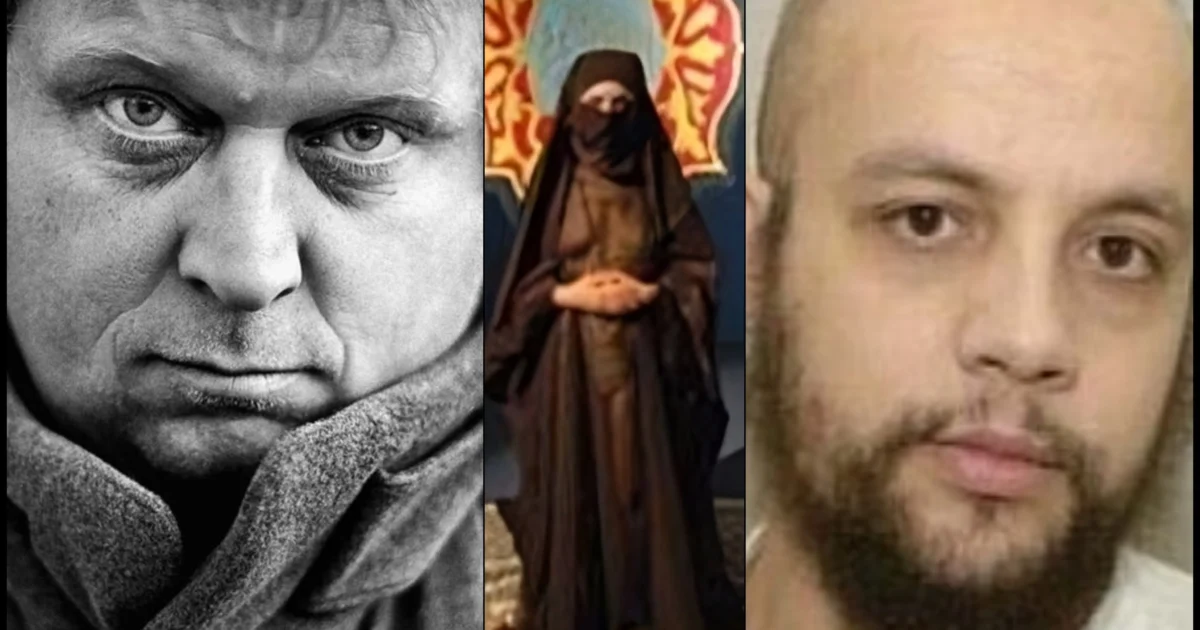
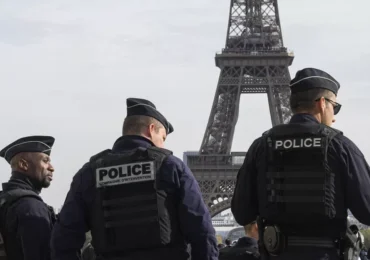
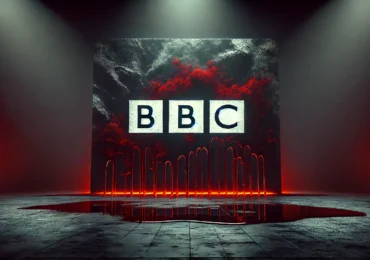
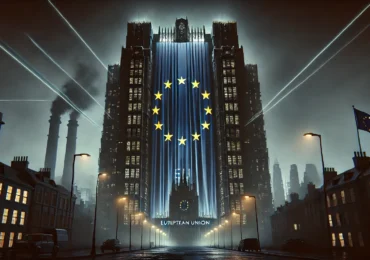
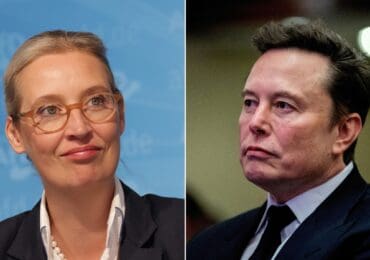
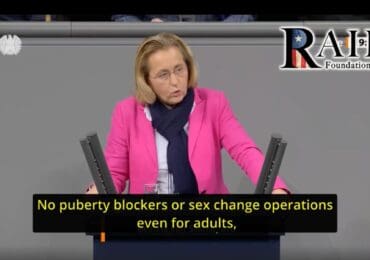


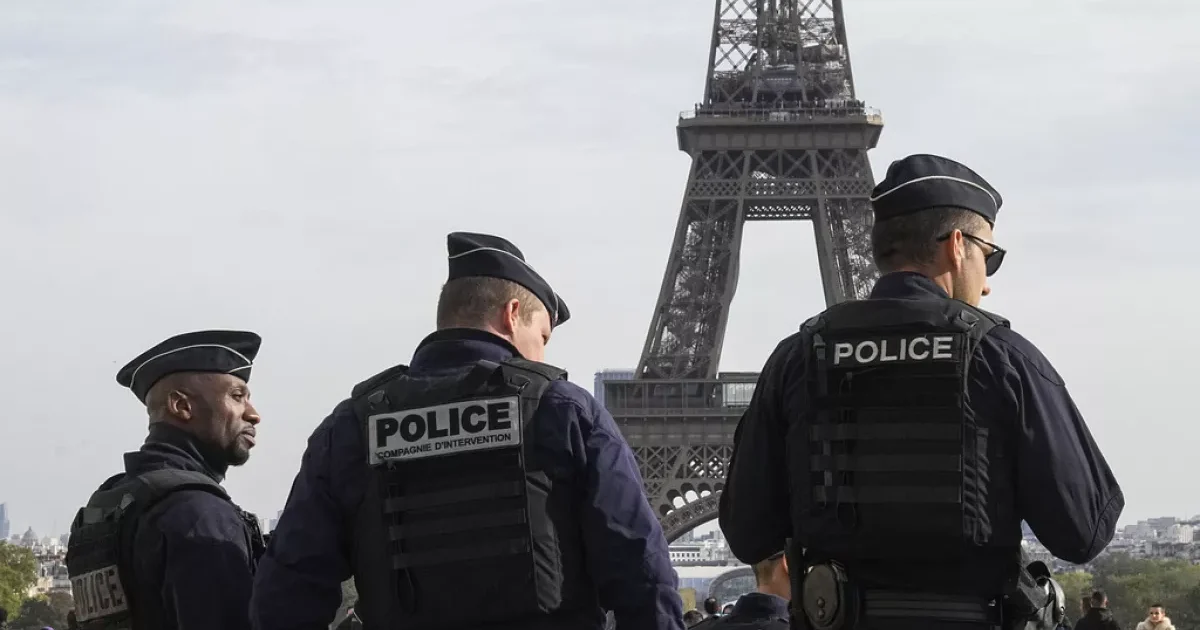
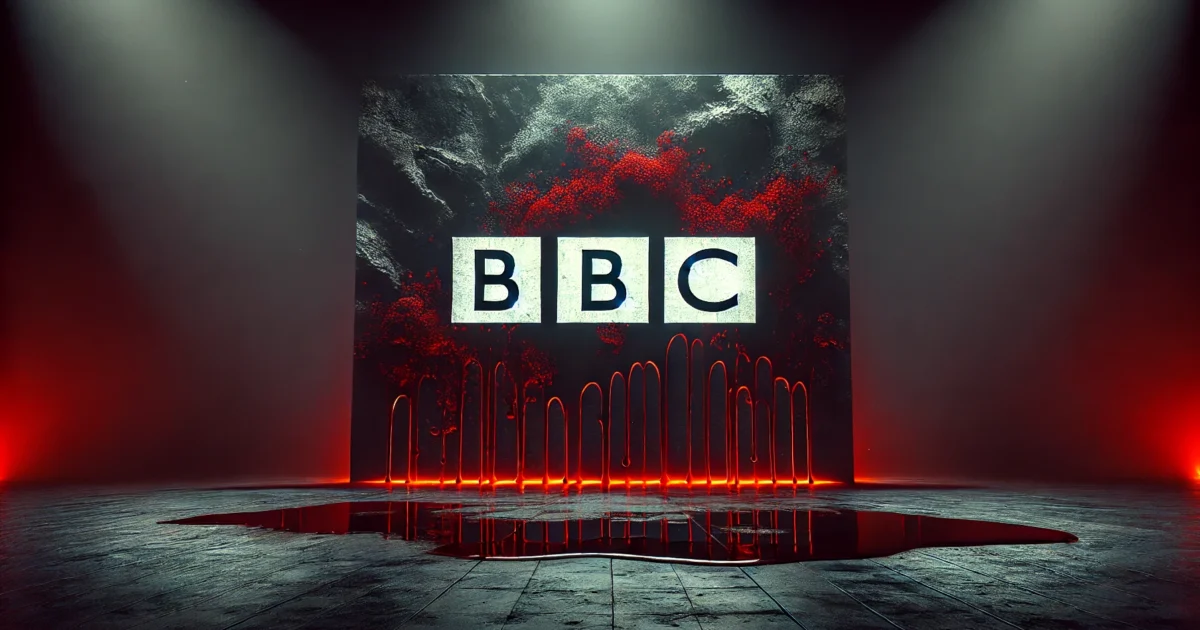
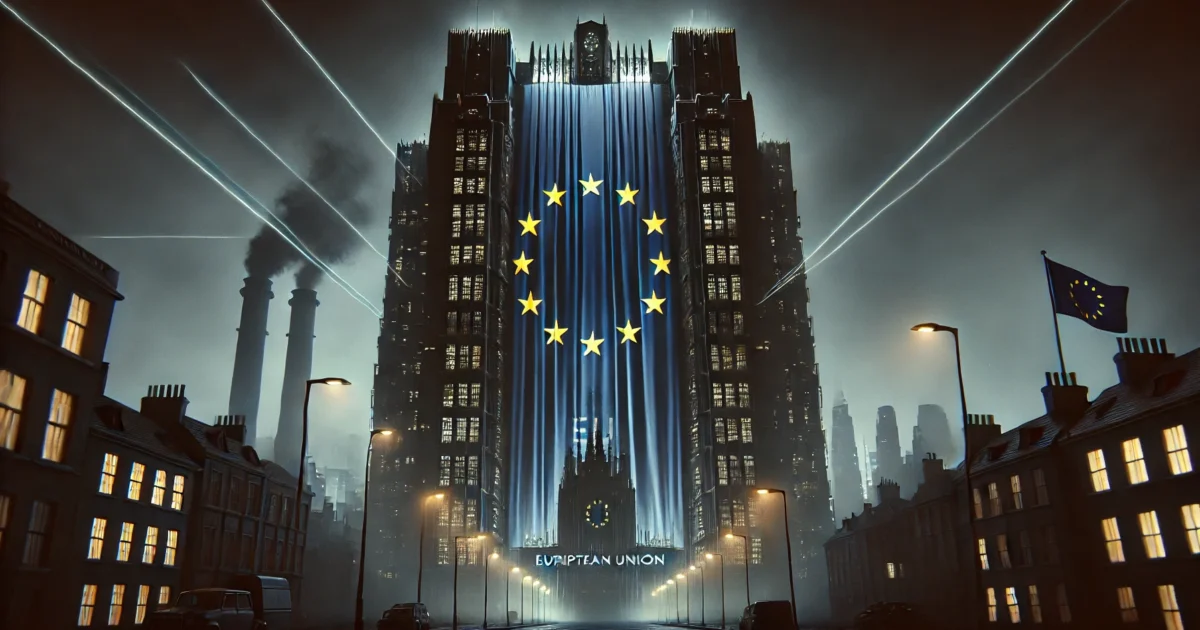
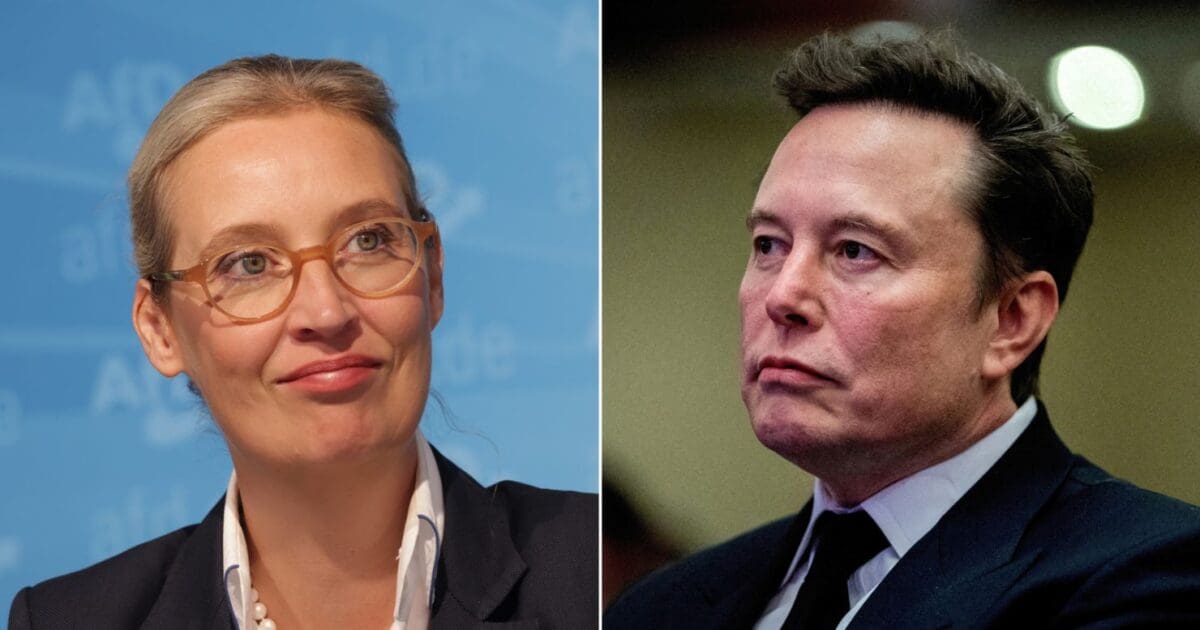
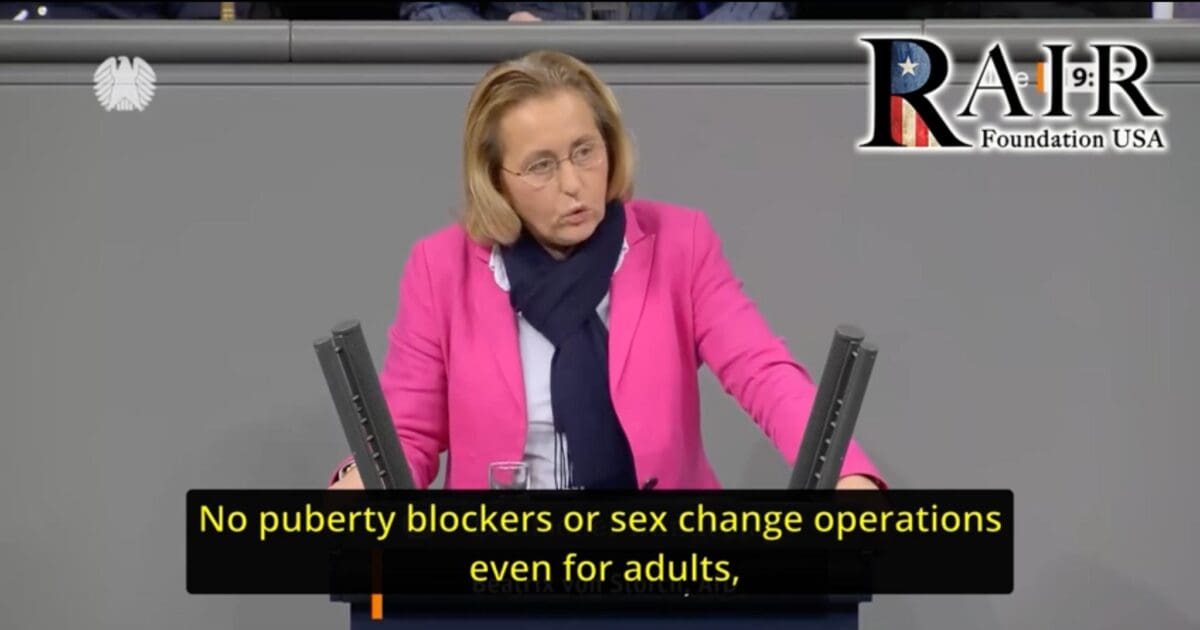
“making clear that any perceived disrespect for Islam, the Prophet, or the Qur’an would be met with severe consequences. Bouyeri insisted that Islam “compels me to chop off the head of anyone who insults Allah and the prophet.” ”
FUCK YOUR ALLAH & PEDOPHILE MOHAMMED YOU STINKING MUSLIMSHITS! YOU MUSLIMSHITS INSULT CHRISTIANS, WE MUCH CLEVER CHRISTIANS INSULT YOU MUSLIMSHITS!
PERIOD!
From Infowars:
“World News
‘We Were Totally Betrayed’ – 500 Migrants for Tiny German Village of 600 will Nearly Double Population
by Staff | Remix”
NO PROBLEM, URINE VON DER LEYEN WILL GLADLY WELCOME THESE 500 MUSLIMSHITS TO HER HORSE&MUSLIM FARM IN BURGDORF, HANOVER.
SEND ALL MUSLIMSHITS TO BURGDORF AND URINE VON DER LEYEN’S FAMILY. PLENTY OF ROOM THERE FOR ALL MUSLIMSHITS, AND FREE SEX WITH URINE, MERKEL, SCHOLZ & THEIR KIDS!